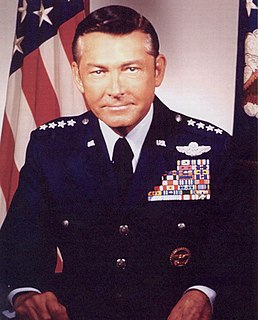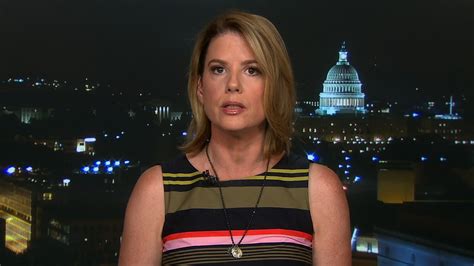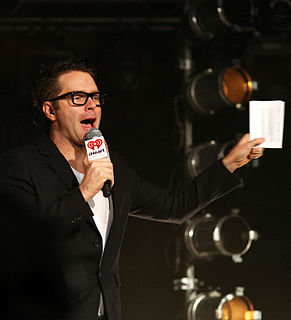A Quote by Steve Pavlina
I believe we can proactively choose to believe whatever we want instead of merely letting our beliefs coalesce as reactions to events.
Related Quotes
The birth of excellence begins with our awareness that our beliefs are a choice. We usually don't think of it that way, but belief can be a conscious choice. You can choose beliefs that limit you, or you can choose beliefs that support you. The trick is to choose the beliefs that are conducive to success and the results you want and to discard the ones that hold you back.
Every decision in your life is controlled by your beliefs and values. You may not realize it, but you have the power to choose what you believe about your life, people, money and health. You can either choose beliefs that limit you, or beliefs that empower you to move toward success. Your beliefs energize you to create the world you want to live in right now. The key is to be aware of them because what you value determines what you focus on.
Many people believe that decentralization means loss of control. That's simply not true. You can improve control if you look at control as the control of events and not people. Then, the more people you have controlling events - the more people you have that care about controlling the events, the more people you have proactively working to create favorable events - the more control you have within the organization, by definition.
The average religious person has their beliefs, but they're not trying to get people fired who don't have their beliefs. But zealots do do that. It's not enough for them to believe it; they can't tolerate other people who don't believe what they believe, and they have this absolute certainty that they're right.
People have an absolute right to believe what they want to believe and to say what they want to say, and churches have an absolute protection to preach and do and not do whatever they choose to do within their houses of worship. But nondiscrimination laws apply to the commercial marketplace and they do protect all of us.
There are times in a person's life when he or she must make a choice to believe. I choose to believe the sun will rise tomorrow. I also choose to believe that if you go to bed hungry you will wake up ready to eat. I've met a group of men in a faraway country who choose to believe that if you stand on a tree stump for an hour you will gain sympathy for trees. I am already quite sympathetic to trees, so I choose to think they are bonkers.
Holding on to beliefs limits our experience of life. That doesn't mean that beliefs or ideas or thinking is a problem; the stubborn attitude of having to have things be a particular way, grasping on to our beliefs and thoughts, all these cause the problems. To put it simply, using your belief system this way creates a situation in which you choose to be blind instead of being able to see, to be deaf instead of being able to hear, to be dead rather than alive, asleep rather than awake.

































